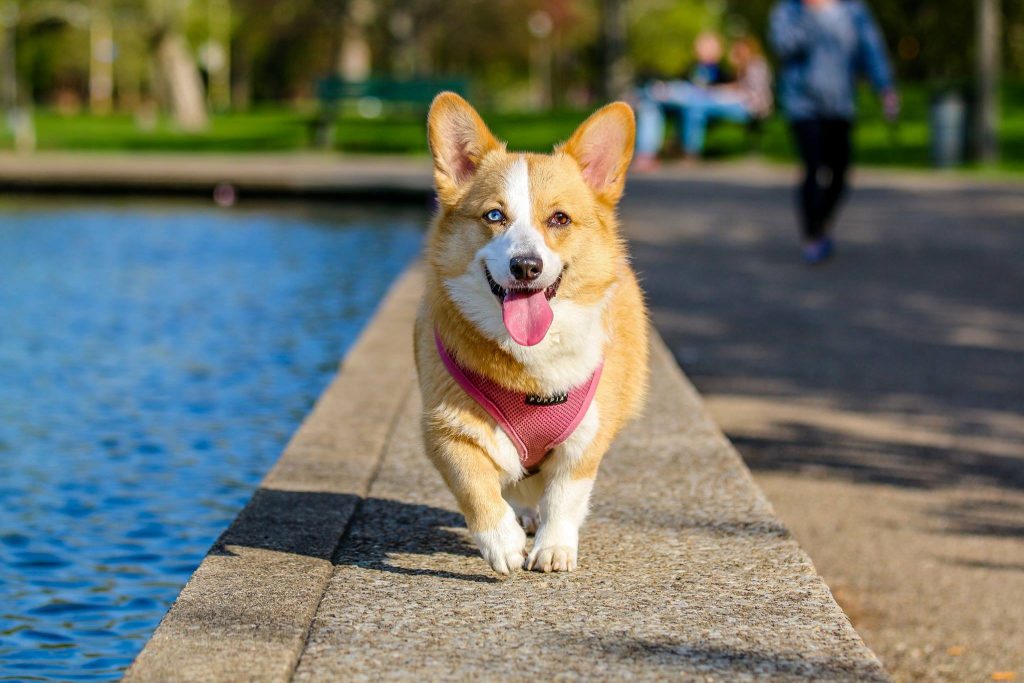Is it safe to say we are applying our own beliefs to our pets when we decide that they should no longer eat anything that came from other animals? Yes, it probably is. But the real question is, is your dog, cat, horse, ferret (whatever pet you have because that could be anything nowadays) benefitting from a meat and/or dairy-free diet?
Animal vegetarianism is essentially defined the same way as human vegetarianism (the same goes for animal and human veganism). For one thing, it’s probably a whole lot easier to control your pet’s intake of meat instead of your own (except if you’re me and you just generally don’t like meat). The whole trend of vegetarian (and vegan) lifestyles for dogs and cats is fairly new and people seem to either love or hate the whole concept. So let’s dive into it, what’s good and bad about making your animal veggie?

The main issue with cats and dogs being fed a diet free of animal byproducts is the same as humans, that they may not be getting the vitamins and nutrients they need. Sprankles consulted with board certified veterinary nutritionist Cailin Heinze V.M.D, who says, “For dogs, certainly vegetarian and vegan diets can be done, but they need to be done very, very carefully. There is a lot of room for error, and these diets probably are not as appropriate as diets that contain at least some animal protein.”
Cat’s on the other hand are a whole different story because they need mostly meat and fat in order to maintain a healthy diet. One of the main issues found in the diet of vegan or vegetarian cats is a lack of Vitamin A and taurine which can lead to your cat losing its eye-sight or developing cardiomyopathy. Before you freak out at cat owners who decide to choose this diet for their felines, you should know these supplements are available for cats.

Yet is is important to know that not all vegetarian pets have to live off a diet of vegetables and rice (if you are lazy like me you are probably turned off of this idea because of the amount of time and effort this takes). To conquer the overwhelming amount of owners concerned with the ethics and safety of pet food, many companies have come out with ethical and vegan pet foods. You can find a list here on PETA’s website.
People often change their pets’ diet to strictly vegetarian or vegan because of the same health reasons they are concerned about with themselves. Just because your pet may not be eating a flank steak, regular pet food is made with processed meats and may be susceptible to the same diseases as humans. Research actually shows that “ Pet food has also been recalled during mad cow disease, or bovine spongiform encephalopathy (BSE), scares because of the risk that contaminated meat was processed into the food.”

I am no expert but I think that both sides on the debate surrounding vegetarian or vegan pets have a point. In any case it is almost certain that a vegan or vegetarian diet will never entirely replace the nutrients meat provides for animals. Many vegans themselves agree that they have to go against their own ethics in order to keep their pet happy and healthy.
So, if you absolutely have to make your dog or cat vegan or vegetarian, remember to make the transition slow. Consult with a veterinarian and spend the money where it is needed– whether it be on supplements or ethical, meat-free foods. And if your pet is suffering from the change, don’t be one of those vegans who is too proud to feed their pet meat because they want to do what’s best for animals. In that case, you’re just doing it for yourself and how is that helping your pet?


